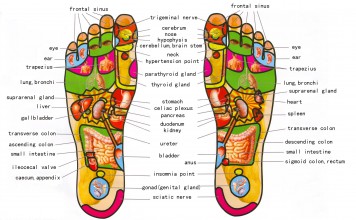A study published recently in Depression and Anxiety found that a common medication administered during or after labor, synthetic oxytocin, is associated with the development of postpartum depression or anxiety. These findings were discovered by Kristina M. Deligiannidis, MD, associate professor at The Feinstein Institute for Medical Research, along with her colleagues at Cummings School of Veterinary Medicine at Tufts University and the University of Massachusetts Medical School.
According to Dr. Deligiannidis, who is also director of Women’s Behavioral Health at Northwell Health’s Zucker Hillside Hospital, “Although oxytocin is a hormone naturally found in the body during childbirth, our study found, contrary to what we expected, that exposure to synthetic oxytocin – a common treatment administered during or after labor – was associated with an increase in risk for the development of postpartum depression and anxiety”.
“Since synthetic oxytocin is such an important and commonly used medicine for peripartum women, further research should examine dose, duration, timing and reason for treatment so that we can better identify which women may be at risk for developing postpartum depression and anxiety. Better identification of factors that place women at risk could significantly decrease the number of women who suffer with postpartum depression,” Dr. Deligiannidis added.
Postpartum depression is a severe, long-lasting form of depression that starts anywhere from a few days to six months after giving birth. Women with postpartum depression can experience a variety of symptoms, including depressed mood or severe mood swings, difficulty bonding with their child, withdrawal from family and friends, thoughts of suicide and fear of not being a good mother. These symptoms experienced by the mother can also have an impact on her child as well, affecting the child’s temperament, cognitive and social development.
Read also: Pregnant Women with Severe Migraine At Risk for Labor & Delivery Complications









